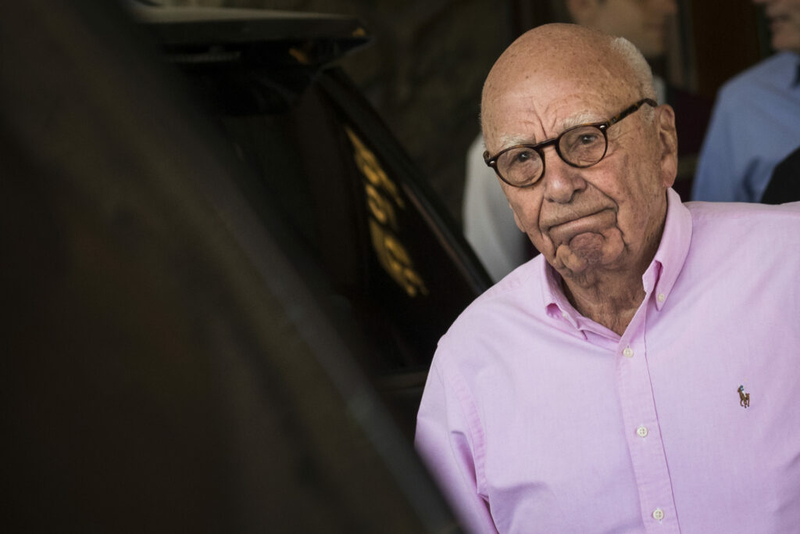Money, market share replace the truth

That‘s not cancel culture; that’s the marketplace. If you’re selling ideas, observations or criticisms to news consumers, you best be upping your truth game.
Here’s why: My view belongs to me (and perhaps those who might agree), but I’m not entitled to my own facts — hat tip to the late U.S. Sen. Daniel Moynihan, who famously said as much in a Washington Post op-ed in 1983. Knowingly lying to readers (or viewers) in the commission of making my case diminishes my point, lessens my regard for the reader and corrodes our democracy because citizens need to make informed civic decisions based on the truth.
Go ahead. Lie if you want. The First Amendment has no clause or corollary requiring speech to be truthful. But whether you adhere to the Society of Professional Journalists Code of Ethics, the American Press Association’s Principles of Journalism or the American Press Institute’s Elements of Journalism, the first rule for any disseminator of news or information is truthfulness. Nor does it change when that news organization provides opinion.
Which brings us to the recent revelation that Fox News personalities told lies on the air. Such a disclosure should give pause to anyone in the business — or anyone who consumes information generated from the business.
The backstory reads like a Netflix series. A group of opinion purveyors at Fox knew full well that the Big Lie was just that: a massive, whole cloth fiction. Yet they told viewers otherwise to boost and keep ratings they believed were slipping … to protect the bottom line. Wait, there’s more. Rupert Murduch, who owns Fox News, knew it as well, yet did nothing to intervene.
They traded the truth for money and market share. In an industry inextricably entwined with consumer trust, that should be a death knell. Viewers will ultimately make that decision.
Some argue that Fox News deliberately lying to its viewers is no shock. They contend that Fox is less a news organization in the classic sense and more a propaganda arm of a political view found in the more extreme parts of Congress and the GOP. That charge is perhaps a subject for another commentary. Reports of lying to viewers, however, will do nothing to prove otherwise. Whatever Fox News’ role, millions tune in each day, so intentionally passing along clear fabrications is no small matter.
Since the advent of the internet and social media, the editorial/commentary side of journalism’s house shares a universe with a diverse continuum of writers, influencers, TV personalities, bloggers and, it appears, anyone with an opinion. I have for many years resided in that part of the industry, offering a viewpoint designed to foster further thought or discussion, apart from reporters, who, like the Examiner’s polished and prolific writers, tell us the stories.
Plus, any commentator can get fooled. Years ago, I wrote a number of columns praising cyclist Lance Armstrong, detailing his cancer battle, his journey from hospital bed to the Champs-Élysées to win multiple Tours de France. In newsprint I publicly deflected the rumors that he was using banned substances to achieve greatness. Privately, I argued with emailers who insisted I was either misinformed, naive or both.
You know how that story ended.
Modern intentional deceit has largely been the purview of social media, conspiracy theorists and assorted cranks with good wi-fi. Caveat emptor should be carved into those platforms. Media outlets from CBS News to the New York Times retracted reports because they were based on bad information, the result of sloppy reporting, poor editing or duplicitous sources — not intentional lying.
All of which vaults Fox’s on purpose pants-on-fire programming into some seriously rarified and odiferous air.
Our information highways — super and otherwise — teem with so much deception and disinformation that an entire industry has developed to help us sort truth from horse hockey. Fact checkers such as Politifact, FactCheck.org and my favorite, Snopes, are an indispensable part of the lives of wise information consumers — and journalists.
Mark Twain once said “… the truth is not hard to kill but a lie, well-told, is immortal.” And think of the ratings.








